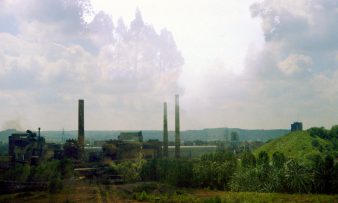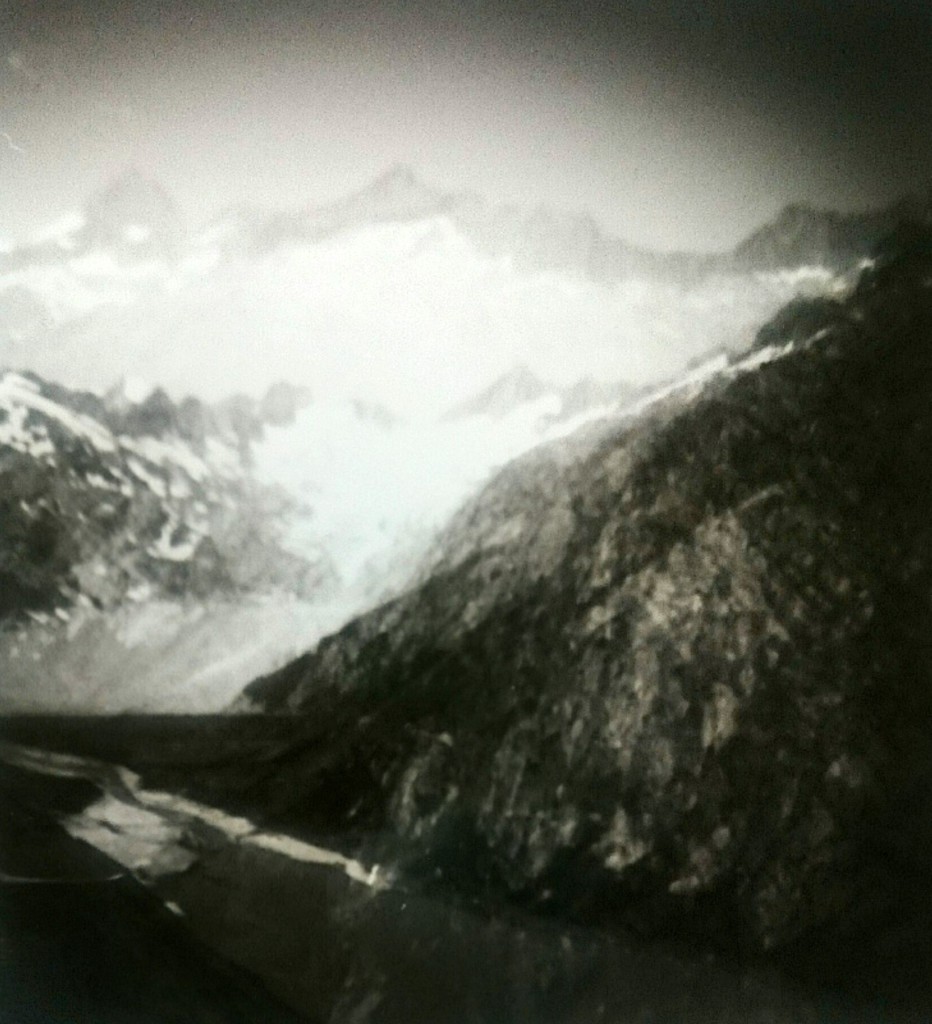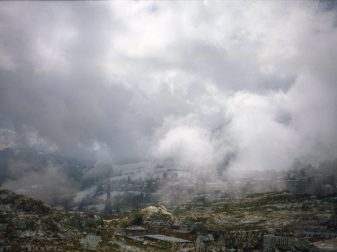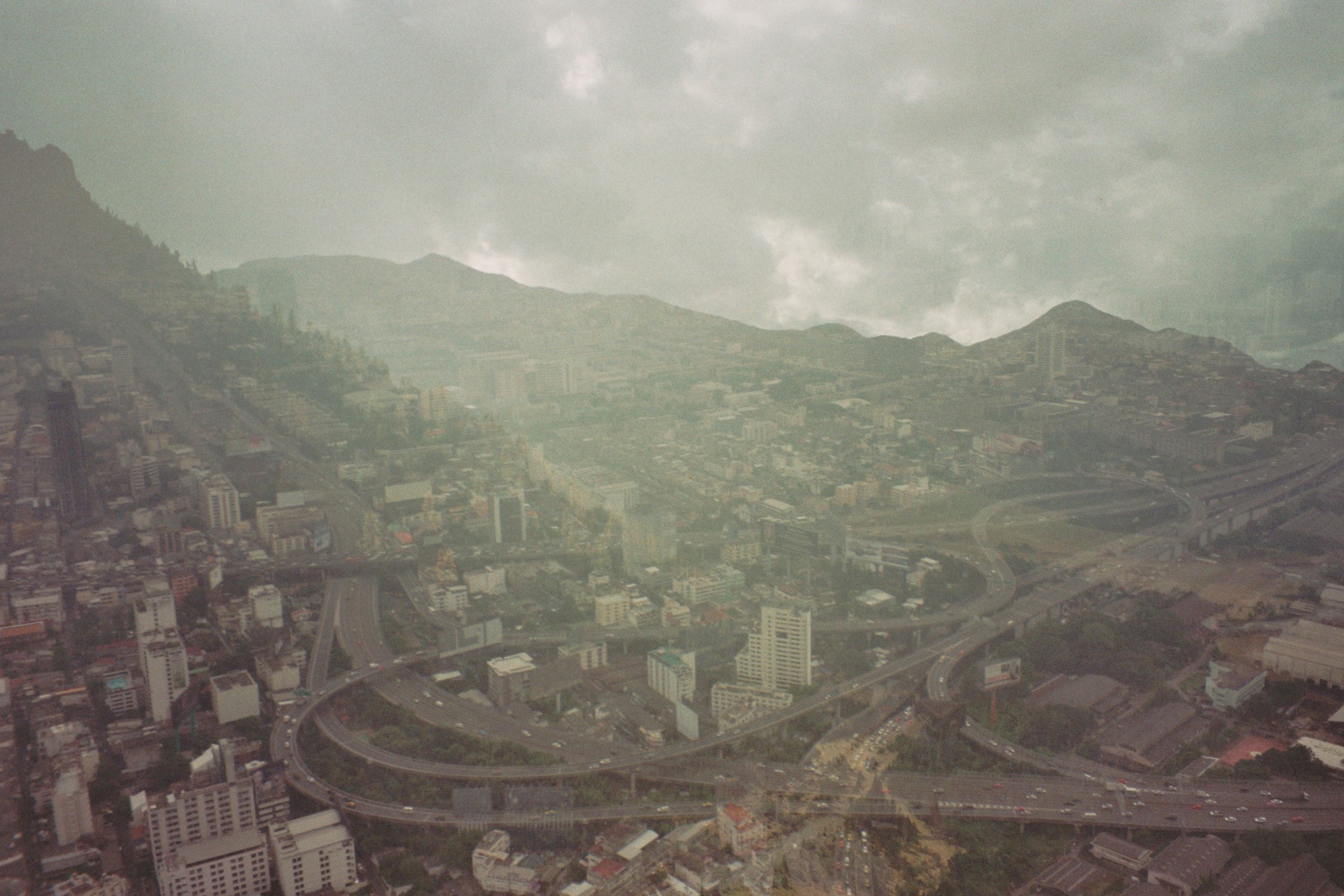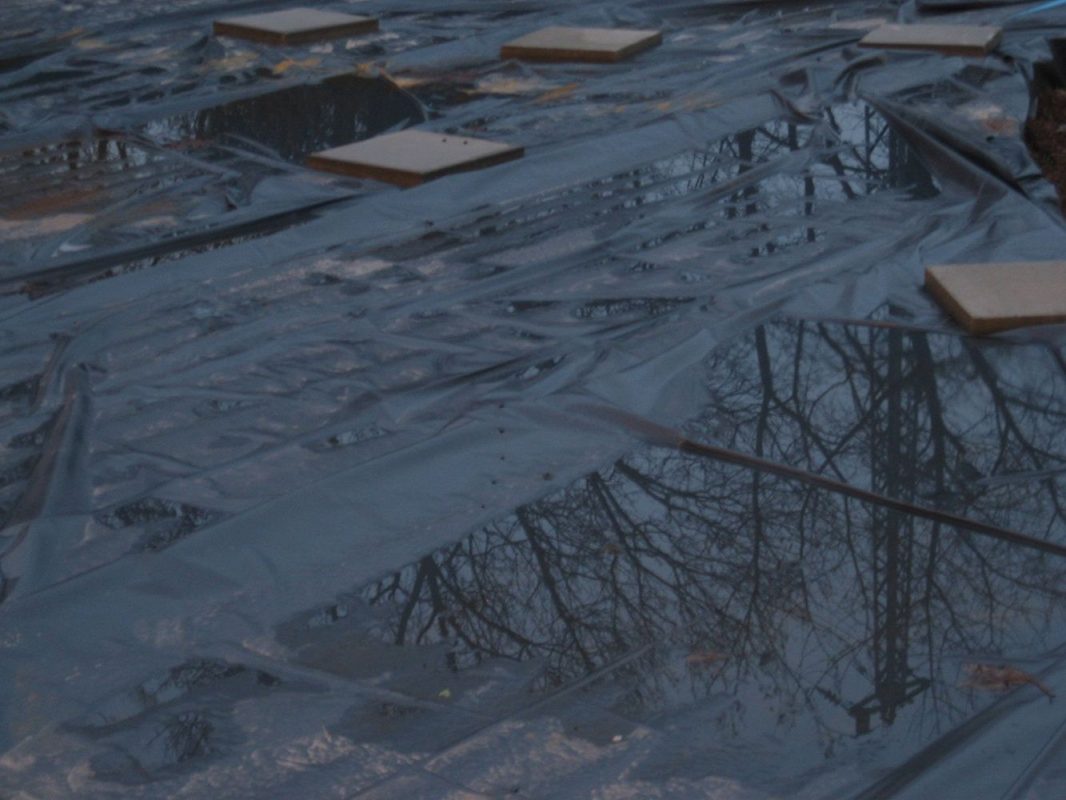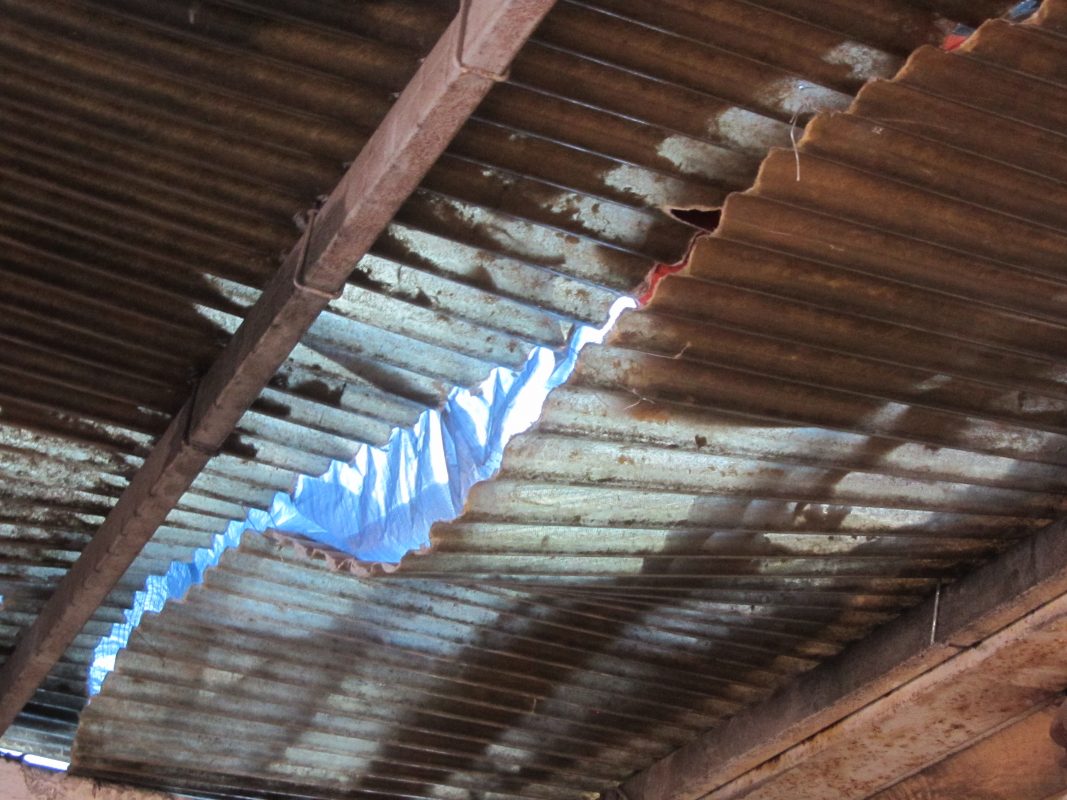Imperialism, With and Without Cheap Nature: Climate Crises, World Wars & the Ecology of Liberation
The Ukraine War reflects and reinforces the exhaustion of Cheap Natures. Earlier Thirty Years Wars (1618-48, 1792-1815, 1914-45) were entwined with successive developmental crises of Cheap Nature that could be resolved through new imperialisms, new rounds of commodification and appropriation. […]
Imperialism, With and Without Cheap Nature: Climate Crises, World Wars & the Ecology of Liberation

